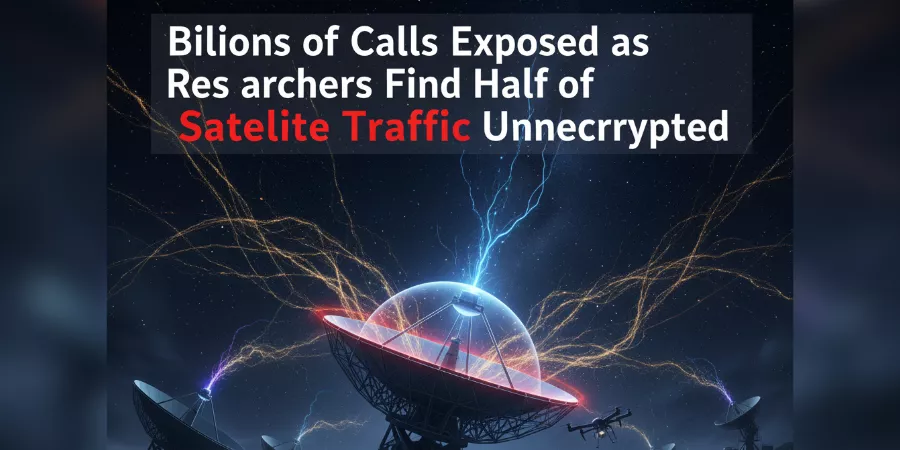Introduction:
In a historic moment for the cryptocurrency industry, U.S. President Donald Trump has signed into law the GENIUS Act, establishing the nation’s first regulatory framework for stablecoins—digital tokens typically pegged 1:1 to the U.S. dollar. The legislation, passed with bipartisan support, marks a major step toward the mainstream adoption of stablecoins in everyday financial transactions.
A Major Milestone for Digital Currency:
Stablecoins, designed to maintain a fixed value, have become a key instrument in digital finance. With over $260 billion in circulation, their usage has surged as traders and investors seek fast, efficient methods for transferring value across decentralized platforms. Now, with the GENIUS (Government-Enabled National Innovation for United States) Act, stablecoins are gaining unprecedented legal recognition and regulatory clarity.
The bill passed in the House with a 308–122 vote, garnering support from both sides of the aisle—nearly half of all Democrats and a majority of Republicans voted in favor.
Key Provisions of the GENIUS Act:
Under the new law, stablecoin issuers must:
- Fully back their tokens with liquid U.S.-based assets such as dollars and short-term Treasury bills.
- Publicly disclose the composition of their reserves on a monthly basis.
- Comply with enhanced transparency and operational standards to ensure consumer protection.
These measures are expected to significantly boost confidence in stablecoins among banks, consumers, and retailers—potentially transforming the way people send, receive, and store money.
Trump’s Crypto Commitment:
At the signing ceremony, Trump praised crypto pioneers for their innovation:
“This signing is a massive validation of your hard work and pioneering spirit.”
The law represents a strategic shift in Trump’s economic policy. He has publicly stated his goal to make the U.S. “the crypto capital of the planet” and has even launched his own cryptocurrency token, $TRUMP, earlier this year. In March, he also signed an executive order establishing a national strategic bitcoin reserve.
Trump’s alignment with the crypto industry follows substantial backing from digital asset companies—reportedly contributing over $245 million to support pro-crypto candidates during the last election cycle.
Massive Growth Potential for the Stablecoin Market:
Industry experts are optimistic about the law’s economic implications. Analysts at Standard Chartered estimate that the stablecoin market could balloon to $2 trillion by 2028. The legislation may also drive increased demand for short-term government debt, as stablecoin providers scale up their Treasury bill holdings to meet reserve requirements.
However, some financial experts have expressed concerns that this influx could introduce volatility into the T-bill market. A JPMorgan research note warned that stablecoin issuers might soon become the third-largest buyers of short-term U.S. debt.
Banking Sector Reacts to the New Law:
The U.S. banking sector is now grappling with the implications of the legislation. While major banks are likely to proceed cautiously—exploring pilot programs and partnerships—several crypto companies, including Circle and Ripple, are already applying for banking licenses. If approved, these licenses would allow firms to settle payments directly, reduce costs, and enhance operational efficiency.
Criticism and Controversies:
While the GENIUS Act has been lauded by many in the crypto world, it hasn’t been without controversy. Critics argue that the law fails to:
- Prohibit large tech firms from issuing their own stablecoins.
- Include robust anti-money laundering (AML) safeguards.
- Restrict foreign-issued stablecoins from entering U.S. markets.
Additionally, some Democrats have voiced concerns about Trump’s personal involvement in crypto ventures, including his stake in World Liberty Financial. The White House insists there is no conflict of interest, stating that Trump’s crypto assets are held in a blind trust managed by his children.
Conclusion: A Turning Point for Crypto Regulation:
The signing of the GENIUS Act signals a transformative moment in the United States’ approach to cryptocurrency regulation. As stablecoins gain the backing of the federal government and financial institutions, the digital asset space inches closer to full integration with the global economy.
This landmark law could redefine how people use money—digitally, securely, and instantly.
















